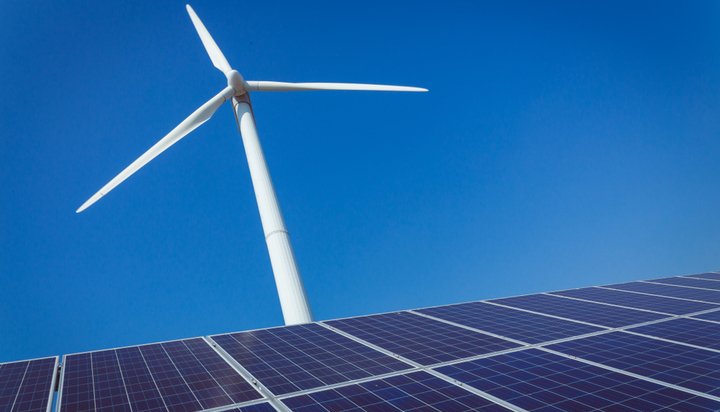Energy consumption from non-hydro renewables will rise considerably next year, though still not enough to meet climate goals.
That’s according to a new report from the Economist Intelligence Unit (EIU), which suggests despite 2020 being forecast to be a strong year for renewable energy, this growth will not be fast enough to meet pledges for 2030 made under the Paris Agreement on climate change.
Although the EIU notes the 2030 goals will likely be missed either way, this gap is likely to be worsened if Donald Trump wins November’s presidential election, at which point he is expected to withdraw the US from the Paris Agreement entirely.
The EIU says this will make developing countries less willing to sacrifice economic growth in order to reduce their own emissions.
The report forecasts energy consumption from non-hydro renewables will rise by 14%, accounting for two-thirds of new power generation capacity installed.
By contrast, energy consumption from oil will grow by just 1%, following natural gas at 2.6%. Coal consumption is forecast to drop off slightly.
Peter Kiernan, Chief Energy Analyst at EIU, said: “Global energy supply is still a long way from being decarbonised.
“The world will still depend mainly on fossil fuels in 2020, with rising use of natural gas and oil more than compensating for a slight decline for coal.”





